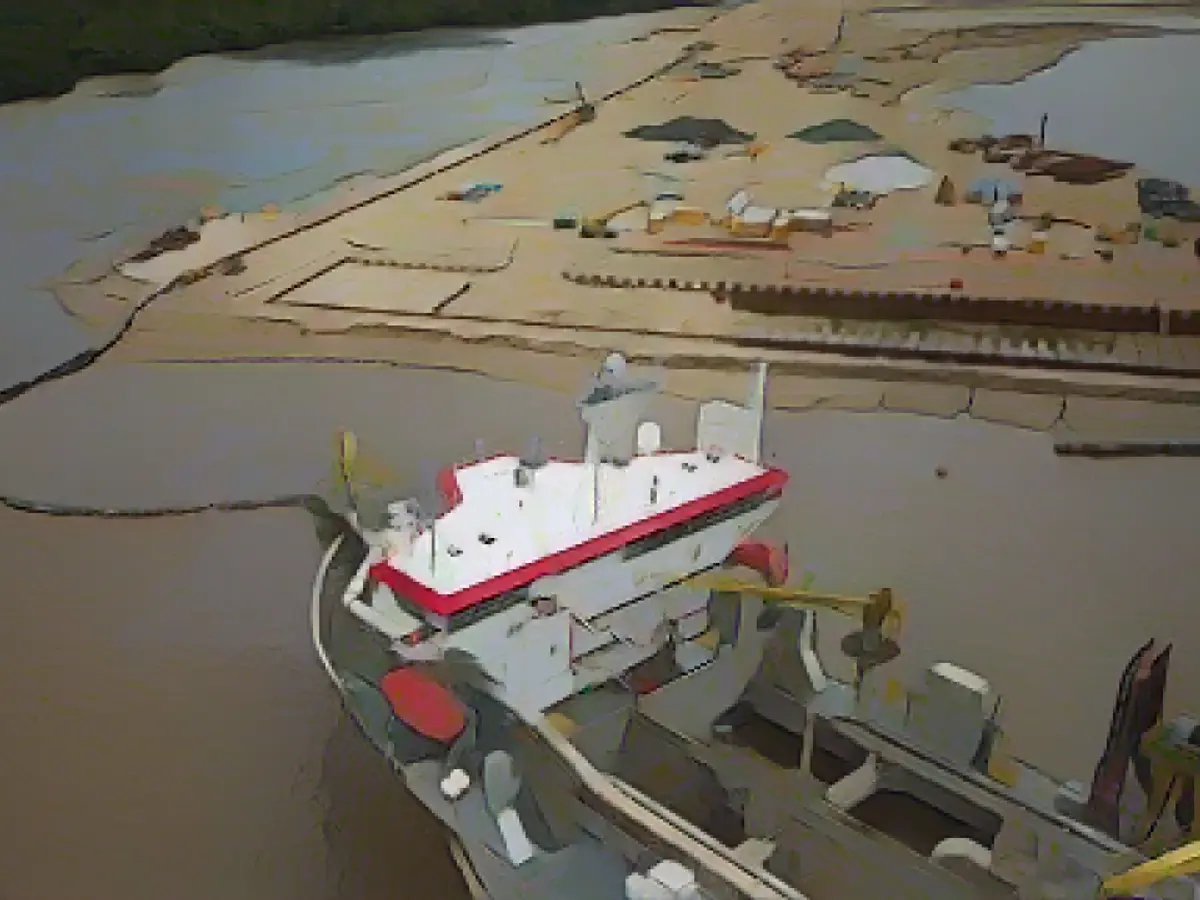Title: The Essequibo Region Dispute: What's Next for Venezuela and Guyana?
Venezuela and Guyana's territorial disagreement over the oil-rich Essequibo region has been simmering for years. Following a referendum that saw a vast majority of voters approve Venezuelan claims, the question remains: what happens next?
The Disputed Region
Situated in the heart of Guyana, Essequibo covers roughly two-thirds of the country and boasts an area roughly equivalent to Florida. The referendum, symbolic in nature, questioned voters on various matters, such as forming a Venezuelan state within Essequibo, granting citizenship to the region's populace, and recognizing Essequibo as part of Venezuela's territory.
The Referendum's Results
According to Venezuela's National Electoral Council, more than 95% of voters approved all five referendum questions. Nonetheless, the government's following steps to actualize these results remain unclear.
Venezuela's Longstanding Claim
Since the colonial era, Venezuela has contended sovereignty over the region, asserting that Essequibo historically falls within their borders. In 1899, an international arbitration court, ruling while Guyana was still a British colony, established its current boundaries. However, disputes persist, fueled in part by the discovery of significant oil reserves within the region.
Guyana's Position
Guyana views the referendum as an attempt at annexation and a clear threat to its sovereignty and existence. In response, Guyana's president, Irfaan Ali, inspected military personnel in Essequibo and publicly raised the Guyana flag in defiance of Venezuelan claims.
The ICJ and the Looming Legal Battle
Before the referendum, the International Court of Justice (ICJ) in The Hague ruled that Venezuela could not take any action to change the status quo in the disputed area. Nonetheless, compelling legal proceedings are scheduled for the spring, culminating in a final ruling expected by 2026.
Analyst Insights
While analysts predict little impact on the ground due to the symbolic nature of the referendum, the escalating rhetoric has prompted military mobilization and heightened tensions between the two nations. Guyana's foreign minister, Robert Persaud, compared the situation to Russia's invasion of Ukraine.
International Community's Position
The international community, including regional and global powers like the United States, has expressed strong support for Guyana’s territorial integrity, warning against any unilateral actions that could escalate the situation.
In conclusion, the resolution of this territorial dispute hinges on diplomatic efforts and ongoing legal proceedings at the ICJ, while the international community continues to monitor developments and offer support to Guyana.






